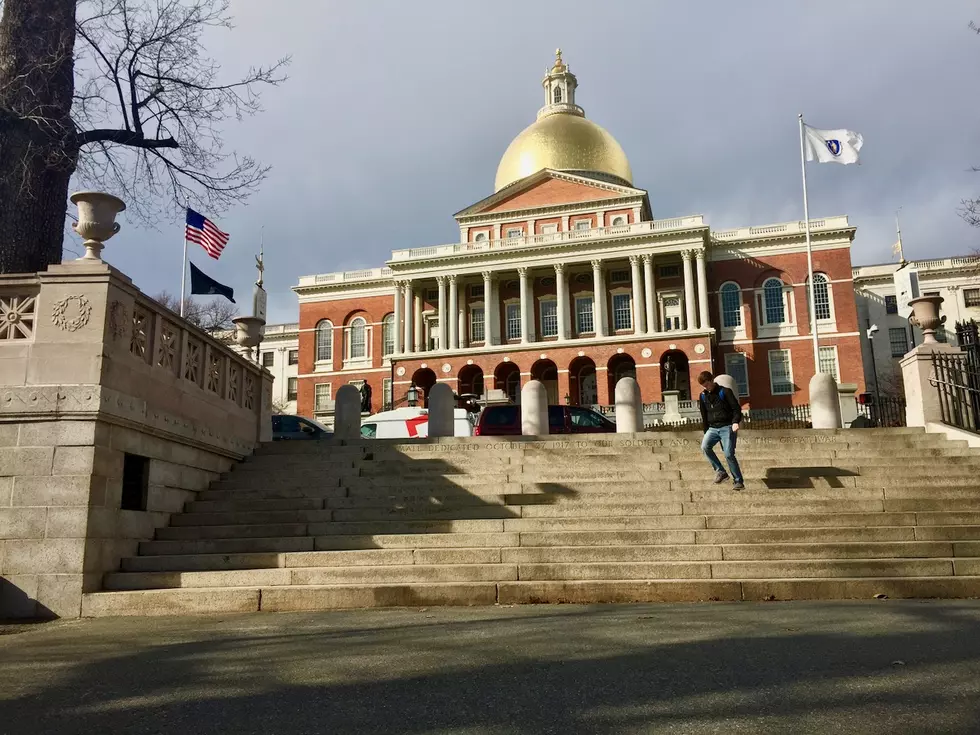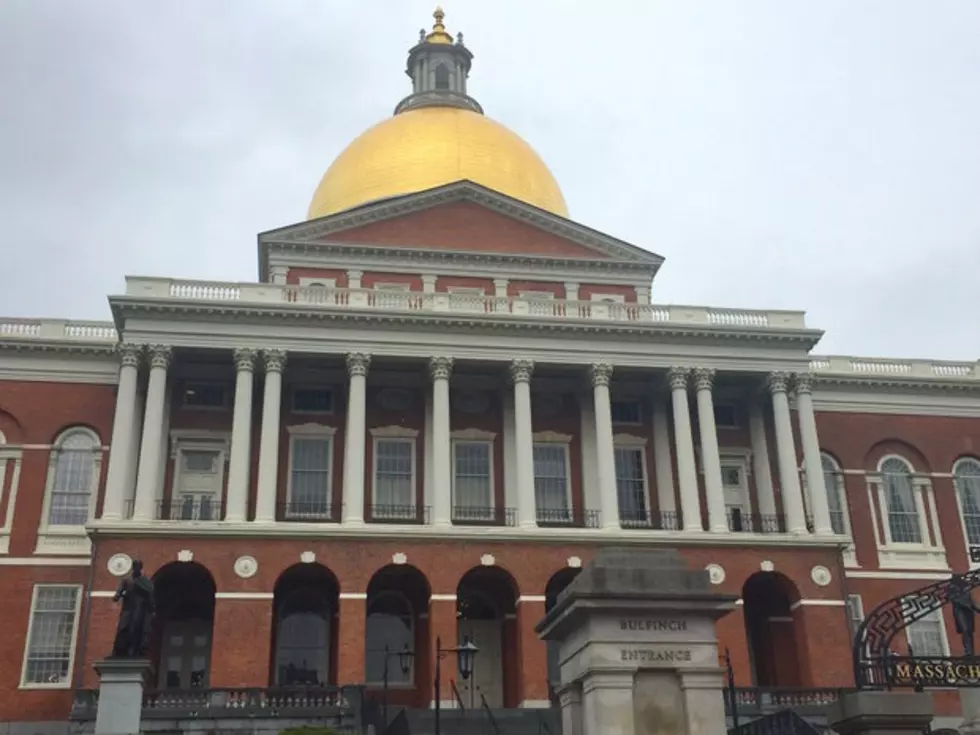
Controversial Bills Await Action on Beacon Hill
BOSTON — Although the drawn-out wrangling over the state budget has sucked up much of the energy on Beacon Hill during the first half of the year, hundreds of other bills have been bubbling up at the Statehouse.
Whether any of the bills _ which have plenty of passionate defenders and critics _ ultimately became law or fade away is unknown, although there's still time for action. The Legislature's formal session runs through July of next year.
Details on a handful of the bills in the wings:
___
UNIVERSAL BASIC INCOME
This bill would create a pilot program to test the idea of a universal basic income.
The program would apply to 100 residents in each of three economically diverse cities or towns. At least one of the communities would be in a rural part of the state.
Everyone participating in the program would receive $1,000 a month for three years and agree to participate in a study.
When the experiment is finished, a report would be submitted looking at whether a universal basic income could be used to address historic inequalities, including institutional racism.
___
MEDICARE FOR ALL
The idea is being backed by some Democratic candidates for president, and a proposal on Beacon Hill aims to create a similar program for Massachusetts.
Advocates say the ``single-payer'' system would guarantee everyone has access to health care.
Backers say a ``Medicare for all'' system would also cut out insurance companies as intermediaries between patients and doctors and instead allow health care providers to seek reimbursement directly from the government.
Critics say such a system amounts to government-run health care.
___
POLICE BODY CAMERAS
The debate over whether police should wear body cameras has raged for years, but a bill that would exempt those recordings from the state's public records law has also been garnering some attention.
The exemption is part of a larger bill that would also create a task force charged with establishing statewide standards and regulations for police bodycams.
The bill is being opposed by Democratic Secretary of State William Galvin, whose office oversees public records.
State law already protects against the release of sensitive information, including information that could identify victims or witnesses, according to Galvin.
___
YOUTH TACKLE FOOTBALL
Concerns about head injuries have helped give rise to a bill that would prohibit children from playing tackle football until they reach the eighth grade.
Backers of the bill point to the risks of concussions and other head trauma in children whose brains are still developing.
Opponents including the Massachusetts Youth Football Alliance have pushed back, saying it should be left up to parents, not politicians, to decide whether to allow their children to play tackle football at an early age.
___
UNIVERSAL PRE-KINDERGARTEN
Expanding access to pre-kindergarten in Massachusetts has been a perennial topic of discussion at the Statehouse.
Several bills that would set out a path toward that goal are in the pipeline. Supporters stress the importance of helping nurture the intellectual development of young children.
Other bills would create a grant program to help schools improve literacy programs in elementary schools and put together a task force on child development information for parents.
___
ONLINE LOTTERY SALES
Massachusetts residents can already buy everything from paper towels to movies online. Why not lottery tickets?
That's the question behind a push to move the Massachusetts State Lottery online. That, and the threat of competition for gambling dollars from the state's new casino industry.
There are a number of bills that would set a path to an online lottery, including one filed by Democratic state Treasurer Deb Goldberg, whose office oversees the lottery.
___
USED CARS
Should potential car buyers be able to purchase vehicles that have been subject to a recall but have not been repaired?
One bill would allow the practice, as long as buyers are aware of the problem. Used car dealers say requiring the cars to be repaired to meet the requirements of the recall slows sales.
The Massachusetts Public Interest Research Group and other consumer advocacy groups said selling unrepaired cars would put consumers in danger. Similar proposals have been rejected in other states. Images
More From WBSM-AM/AM 1420









